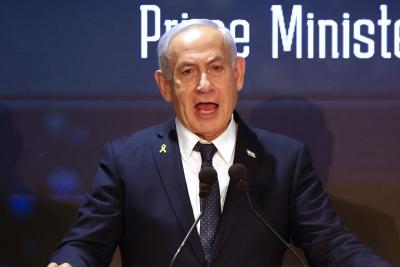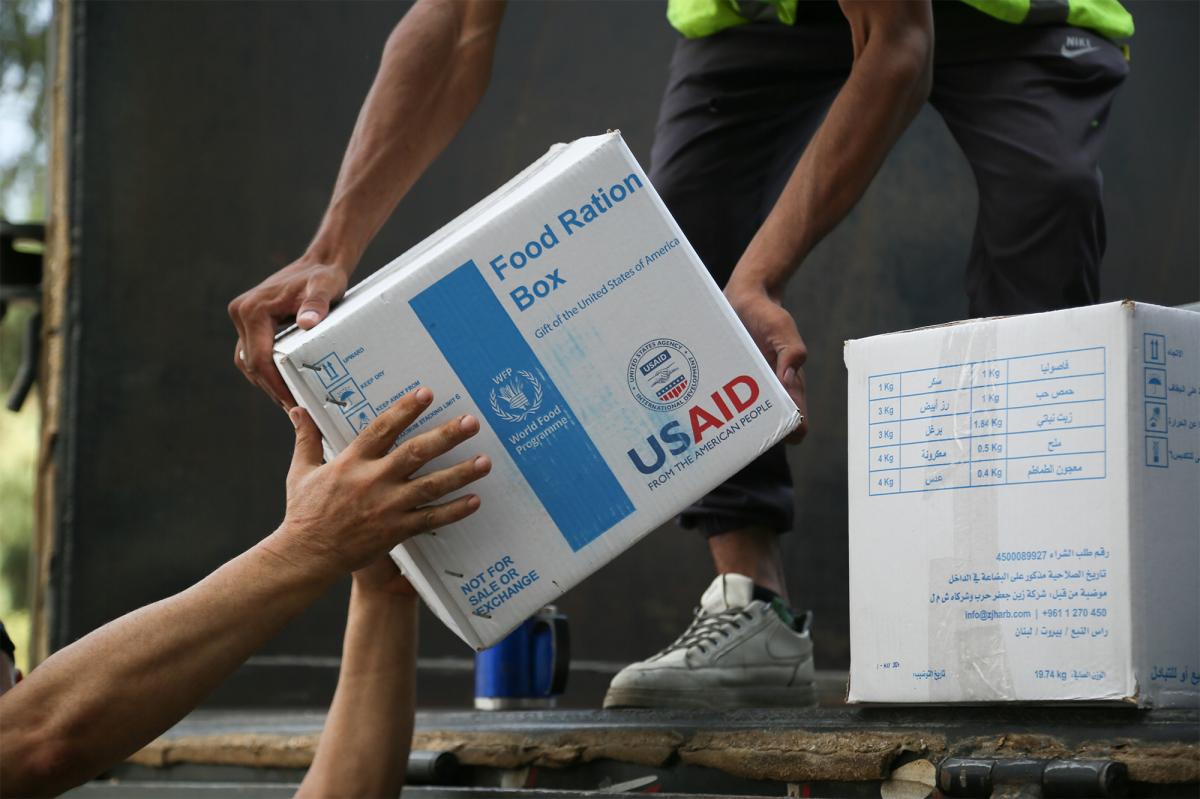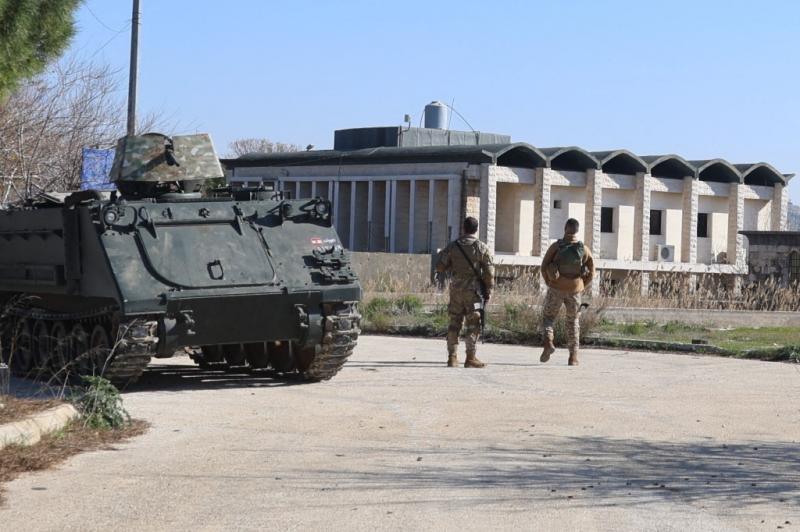President Donald Trump has announced the suspension of all U.S. foreign aid, including humanitarian and development assistance provided by the United States Agency for International Development (USAID). This decision marks a historic shift in American foreign policy, affecting not only Lebanon but over 100 countries that relied on these funds to combat poverty and promote sustainable development.
USAID had been a primary target of Trump’s administration, and following his re-election, Elon Musk intensified pressure on the agency, demanding access to sensitive documents, despite lacking the necessary security clearance. Shortly after, Musk announced the closure of USAID as part of a broader "Trumpian" plan to cut federal spending. If fully implemented, this move would end 64 years of international aid, a program originally launched under President John F. Kennedy as the humanitarian arm of the U.S. government.
There have been no official explanations regarding the agency’s future, particularly in Lebanon. However, USAID’s official website suddenly went offline, while its Lebanon branch remains accessible for now, leaving uncertainty about the fate of numerous development and education programs it funded. The funding halt was further reinforced by the shutdown of USAID’s online payment system and the removal of official seals from its Washington headquarters.
Impact on Lebanon: A Critical Loss
U.S. aid has long been a cornerstone of Lebanon’s economic support, funding education, infrastructure, and social programs. USAID has played a crucial role in financing key initiatives, from scholarships for thousands of students to supporting small and medium-sized enterprises (SMEs) and improving access to water and electricity in remote areas.
With Trump's funding freeze, thousands of beneficiaries are now at risk. Estimates suggest that over 2,000 employees working on USAID-funded projects have lost their jobs or had their contracts suspended. Meanwhile, thousands of Lebanese families dependent on these programs are facing severe hardship.
Sectors Most Affected
Education: Over 500 Lebanese students lost their scholarships, and teacher training programs were suspended.
Infrastructure & Energy: Projects aimed at improving electricity and water services in rural areas have been halted.
Economy: The suspension of SME support programs has left many families struggling.
Civil Society & NGOs: Many organizations reliant on USAID funding now face an uncertain future, jeopardizing vital social programs.
At the American University of Beirut (AUB), where 10% of its budget comes from USAID, the aid cut threatens major projects, including renovations and the construction of new laboratories. Sources within the university revealed that it may have to divert maintenance funds to support students financially, as it remains committed to ensuring that no student is deprived of education due to financial constraints.
Lebanon’s Response: Searching for Alternatives
According to diplomatic sources at the U.S. Embassy in Beirut, Lebanese officials have attempted to seek clarity on the future of aid, but Washington has remained silent. The decision is expected to have not only economic but also political repercussions, potentially straining bilateral relations at a time when Lebanon is already grappling with a severe financial crisis.
Analysts view Trump's move as an economic pressure tactic to secure political leverage, similar to strategies used with Mexico, Canada, and other nations.
The suspension of U.S. aid represents a strategic shift that will have lasting consequences for Lebanon. As the government scrambles to find alternative funding sources, the immediate economic and social impacts will be unavoidable. The key question remains: Can Lebanon compensate for this loss through new alliances and funding channels, or will this decision deal a crippling blow to its development programs and social stability?
 French
French













